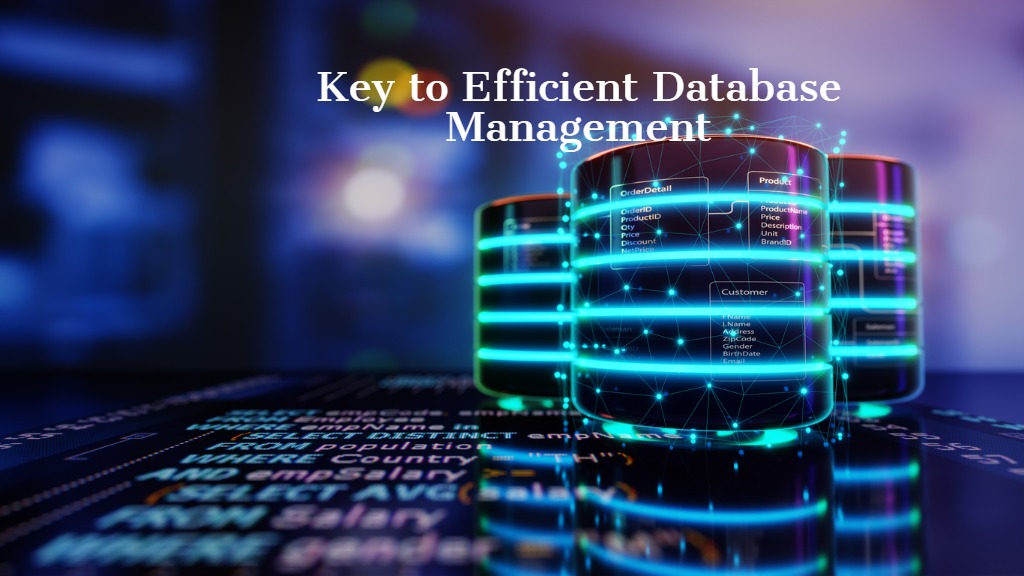3 min read
Scaling New Heights: Exploring Scalability in Cloud Computing
Imagine a fledgling startup, bursting with potential but constrained by the limitations of its IT infrastructure. As customer numbers skyrocket,...
3 min read
![]() The Amazing Team at Skills Data Analytics
:
Feb 13, 2024 7:41:29 AM
The Amazing Team at Skills Data Analytics
:
Feb 13, 2024 7:41:29 AM
In today's data-driven landscape, organizations rely on advanced analytics to derive actionable insights and make informed decisions. With the advent of cloud computing, data analytics workflows have undergone a transformation, enabling businesses to leverage scalable infrastructure and powerful tools for processing and analyzing vast volumes of data. In this blog post, we explore the seamless integration of cloud services with data analytics workflows, elucidating the benefits, challenges, and best practices for harnessing the full potential of cloud-based solutions.
Cloud Computing: Powering Data Analytics at Scale
Cloud computing has revolutionized the way organizations store, process, and analyze data, offering scalable and cost-effective solutions for handling diverse workloads. With cloud platforms such as Amazon Web Services (AWS), Microsoft Azure, and Google Cloud Platform (GCP), businesses can access a wide range of services and tools tailored to their specific needs. From storage and compute resources to machine learning and AI capabilities, cloud services provide a flexible and scalable infrastructure for running data analytics workloads with ease.
Data Integration: Seamless Connectivity Across Cloud Services
Data integration is a critical aspect of building robust data analytics workflows, enabling organizations to aggregate and consolidate data from disparate sources for analysis. Cloud-based data integration platforms such as Amazon Redshift, Google BigQuery, and Azure Data Factory offer seamless connectivity to various data sources, including databases, data lakes, and streaming platforms. By integrating cloud services with existing data infrastructure, businesses can centralize data management and streamline the data preparation process for analytics.
For example, a retail company may integrate data from online transactions, customer interactions, and inventory systems using a cloud-based data integration platform. By consolidating data from multiple sources into a unified data warehouse, the company gains a comprehensive view of customer behavior, inventory levels, and sales performance, enabling more informed decision-making and targeted marketing strategies.
Data Storage: Scalable and Secure Data Repositories in the Cloud
Cloud-based data storage solutions provide scalable and secure repositories for storing large volumes of structured and unstructured data. Services such as Amazon S3, Google Cloud Storage, and Azure Blob Storage offer durable and highly available storage options with built-in encryption and access controls. By leveraging cloud storage, organizations can offload the burden of managing on-premises infrastructure and scale storage capacity on-demand to accommodate growing data volumes.
For instance, a healthcare organization may store patient records, medical images, and clinical data in a secure and compliant manner using cloud storage services. By adhering to industry regulations and implementing robust security measures, the organization ensures data confidentiality, integrity, and availability while leveraging the scalability and flexibility of the cloud.
Data Migration: Seamless Transfer of Data Between On-Premises and Cloud Environments
Data migration is a crucial step in transitioning from on-premises data infrastructure to the cloud, enabling organizations to transfer data seamlessly while minimizing downtime and disruption. Cloud migration services such as AWS Database Migration Service, Azure Data Migration Service, and Google Cloud Transfer Service facilitate the transfer of databases, applications, and workloads to the cloud with minimal manual intervention.
For example, a financial institution may migrate its legacy transactional databases to the cloud to leverage the scalability and performance benefits of cloud-based data platforms. By using data migration tools and services, the institution ensures a smooth transition while minimizing the risk of data loss or corruption, enabling uninterrupted access to critical business data.
API Integration: Enabling Seamless Communication Between Cloud Services and Applications
API integration is essential for enabling seamless communication and data exchange between cloud services, applications, and third-party platforms. Cloud providers offer a wide range of APIs and SDKs for integrating services such as data analytics, machine learning, and IoT with custom applications and workflows. By leveraging APIs, organizations can automate data workflows, extract insights from disparate sources, and build custom solutions tailored to their specific requirements.
For instance, an e-commerce company may integrate its website with cloud-based analytics services to track user behavior, monitor website performance, and generate personalized recommendations in real-time. By leveraging APIs for data analytics and machine learning, the company enhances the user experience, drives conversions, and gains valuable insights into customer preferences and trends.
Conclusion
In conclusion, integrating cloud services with data analytics workflows offers organizations a scalable, flexible, and cost-effective approach to processing and analyzing data at scale. From data integration and storage to migration and API integration, cloud computing enables seamless connectivity and collaboration across disparate data sources and applications. By leveraging cloud-based solutions, organizations can unlock the full potential of their data, gain actionable insights, and drive innovation in an increasingly data-driven world. As cloud technology continues to evolve, businesses must embrace best practices and leverage advanced capabilities to stay ahead of the curve and derive maximum value from their data analytics initiatives.
What’s the easiest way to get started?
Getting a degree in Data Analytics can be a large investment. Average yearly tuition costs for a bachelor's degree in Digital Marketing fall around $45,000.
Fortunately, the education industry is developing, and fully online certificate programs are becoming more available within higher education. Certificate programs, such as bootcamps, offer a valuable education in much less time than a degree program and cost significantly less.
Skills Data Analytics has recently launched its online Data Analytics bootcamp certificate program with an easy enrollment process and endless possibilities upon completion.
Learn more now by contacting our team or visit our website at https://skills-datanalytics.com/.

3 min read
Imagine a fledgling startup, bursting with potential but constrained by the limitations of its IT infrastructure. As customer numbers skyrocket,...

5 min read
Deleting Files With Python There’s something profoundly refreshing about clearing out the old to make way for the new, whether it’s spring cleaning...

2 min read
In the vast universe of SQL database management, stored procedures stand out as powerful tools that encapsulate complex operations, ensuring...